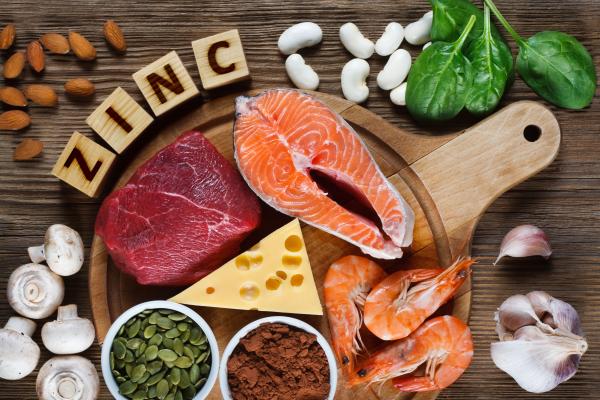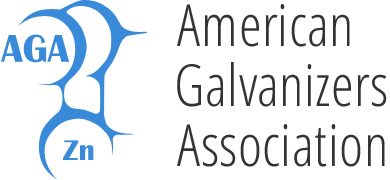Is Zinc Necessary for a Healthy Body?
Is zinc necessary for a healthy body?

Yes! Zinc is an essential nutrient required to keep the body healthy. An inadequate amount of zinc in one's diet can result in deficiency diseases. Deficiencies can lead to various complications; such as disturbances of the liver and spleen functions, delayed sexual development, impaired wound healing, skin disease, slowed growth in children, and a decline in the immune system. Zinc is an essential trace metal in the sense that all living organisms require a certain amount of zinc in order to satisfy their physiological needs.
Recently, toxicologists have attempted to determine ways in which exposure to zinc can be harmful to human health. The general public ordinarily does not recognize zinc as being toxic, but to a toxicologist, everything is toxic. Water, salt, sugar, and cocoa are all toxic substances that have the capability of causing harm, or even death. The levels to produce toxicity in these substances are not normally encountered in everyday life. The same is true for zinc. In normal experience, people do not encounter zinc levels that could be a threat to human health.
Zinc is known to play a critical part in numerous bodily functions. Over 300 enzymes in the body will fail to work without zinc. Low levels of zinc have been found in patients with heart disease, liver disease, some cancers, ulcer sufferers, and in women who are pregnant, breastfeeding or taking oral contraceptives. Zinc appears to play an important role in regulating hormonal changes in the body. Inadequate zinc nutrition can lead to a number of problems. It is estimated that nearly 1.6 billion children and women of reproductive age worldwide are not getting enough zinc in their diet. Zinc deficiency may result from a number of factors, but the most obvious is an inadequate diet.
The World Health Organization recommends a daily intake of 11 mg of zinc for the average adult male and 8 mg of zinc for the average adult female. The Recommended Daily Allowance (RDA) for zinc is listed in Table 1. Without this intake, the body will contain insufficient zinc. Intake can be through food, air and/or water.
| Table 1: Recommended Daily Allowance for Zinc | |
|---|---|
| Age Group | Recommended Intake |
| Infant | 3 mg |
| 1-10 Years | 5 mg |
| Adult Male | 11 mg |
| Adult Female | 8 mg |
| Pregnant Female | 11 mg |
Common signs of zinc deficiency are white flecks on the fingernails, and, in more severe cases, this is sometimes accompanied by horizontal ridges. Stretch marks may be another sign since zinc is vital to keep tissue elastic, and without enough, the skin sags and wrinkles easily. Foods that are rich in zinc include Atlantic oysters, red meat, and wheat germ. Red meat has a higher content of zinc than white meat. In other words, beef contains more zinc than chicken.
Not all nutrients in the food that is ingested are absorbed by the body. It is very important to look closely at the constituents of foods since certain factors can interfere with absorption. Even people who would be considered 'healthy' (e.g. a vegetarian on a high-fiber diet) could suffer from a lack of zinc. Even though fibers are very beneficial, the phytates that are present in bread and vegetables tend to bind with the zinc content in these foods making it difficult for humans to absorb all of the zinc.

If you are unable to achieve the Recommended Daily Allowance (RDA) for zinc, a suitable alternative may be zinc supplements. Most multivitamins say they contain zinc, but usually, the quantity is very small and, again, they may be bound to other substances that prevent absorption into the body. Anyone who feels that he or she is suffering from zinc deficiency or could benefit from taking zinc supplements should consult a doctor.
Human health issues associated with exposure to zinc should be viewed as a balance between the health effects associated with excessive exposure and those associated with deficiency. Excessive exposure to zinc can have adverse effects on human health, but these effects have no long-term consequences. Zinc deficiency affects a large percentage of the global population. Zinc is necessary for a healthy body.
© 2026 American Galvanizers Association. The material provided herein has been developed to provide accurate and authoritative information about after-fabrication hot-dip galvanized steel. This material provides general information only and is not intended as a substitute for competent professional examination and verification as to suitability and applicability. The information provided herein is not intended as a representation or warranty on the part of the AGA. Anyone making use of this information assumes all liability arising from such use.


